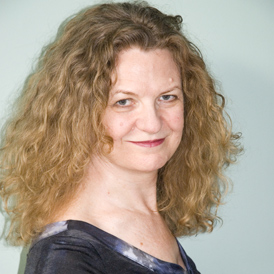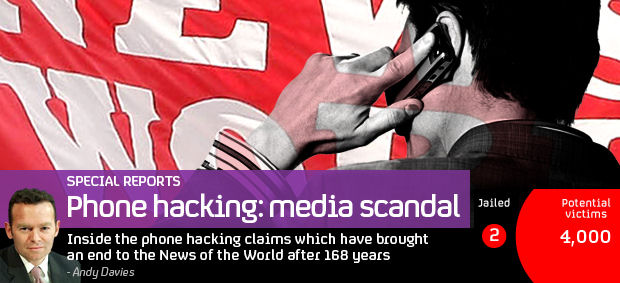‘Why I’m giving evidence at the Leveson inquiry’
Journalist Joan Smith gives her personal account of why she’s giving evidence at the Leveson inquiry, set up to look at the ethics and practices of the press in the wake of the phone-hacking scandal.

In all my years as a journalist, I’ve never attended a public inquiry, and I certainly didn’t expect to be called as a witness, writes Joan Smith (pictured).
But as the Leveson inquiry into the culture, practice and ethics of the press opens, I’ll be at the Royal Courts of Justice to find out how it operates – and to get ready for my own appearance in the witness box in a week’s time.
Lord Leveson’s inquiry was set up as a result of the phone-hacking scandal currently engulfing News International. I’ve already been down to Court 73 to have a look at the wood-panelled room where I’m going to give evidence. And there are 20 more witnesses who are going to tell the inquiry exactly how it feels to be targeted by the popular press.
Some of the “core participants” are well-known names, from the film star Hugh Grant to the parents of the murdered schoolgirl, Milly Dowler. Gerry McCann will give evidence about the media frenzy following the disappearance of his daughter Madeleine, while Chris Jefferies is going to talk about the ordeal he went through after he was arrested in connection with the murder of Joanna Yeates.
How do I find myself on a list of alleged victims of press intrusion alongside Sheryl Gascoigne, JK Rowling and Sienna Miller?
I’m not a celebrity or a victim of crime. I started my career in national newspapers at the Sunday Times and I’ve written columns for The Times, the Independent titles, the Guardian and the Evening Standard.
I’ve also campaigned for freedom of expression, advising the Foreign Office on how to encourage press freedom in countries like Syria and China. So how do I find myself on a list of alleged victims of press intrusion alongside Sheryl Gascoigne, JK Rowling and Sienna Miller?
In April this year, I received an email from a detective working for Operation Weeting, the Metropolitan Police investigation into phone hacking at the News of the World. He invited me to a meeting to view notes compiled by Glenn Mulcaire, a private investigator who worked for the paper until he went to prison in 2007 for hacking phones belonging to members of the royal household.
At the meeting, I was shown photocopied pages in which Mulcaire recorded my personal details and those of my then partner, who was a government minister. They included my home and mobile telephone numbers and a list of the papers I was writing for in 2004.
One of them was The Times. I could hardly believe my eyes. Was it really the case that the News of the World was paying a private detective to spy on me when I was writing a high-profile column and features for another News International paper? So it seemed, and the whole thing was made much worse by the fact that the surveillance began so soon after a tragedy. Only two months earlier, my partner had lost his eldest daughter when she died in a sky-diving accident in Australia.
Not long before our details began to appear in Mulcaire’s notes, I wrote a column for The Times about press intrusion into private life. I was worried, I said, by “the almost-unchallenged assumption that no one has a right to privacy any more, regardless of what they are going through”.
Little did I know that my own privacy was about to be invaded by a newspaper owned by the very same proprietor. I hope Lord Leveson’s inquiry will look at the buccaneering newsroom culture that allowed such extraordinary things to happen.
Joan Smith is a novelist, columnist and campaigner for human rights. More information can be found on her website, politicalblonde.com or you can follow her on Twitter @polblonde.
